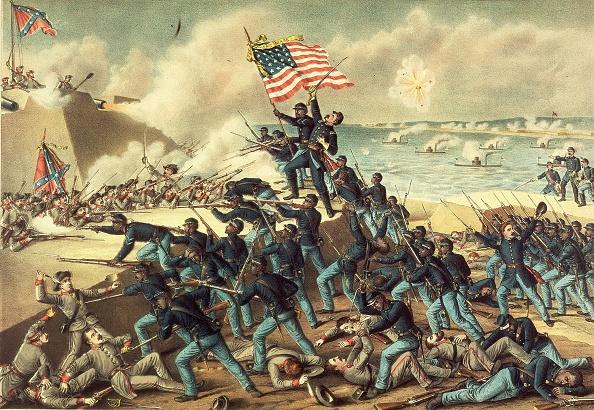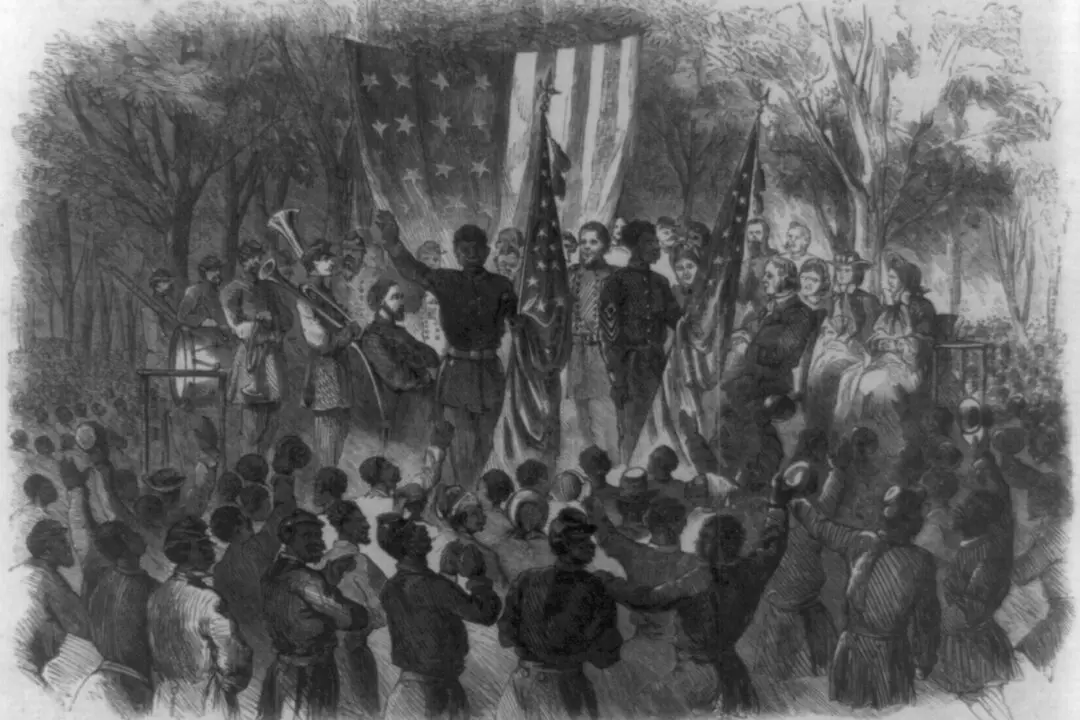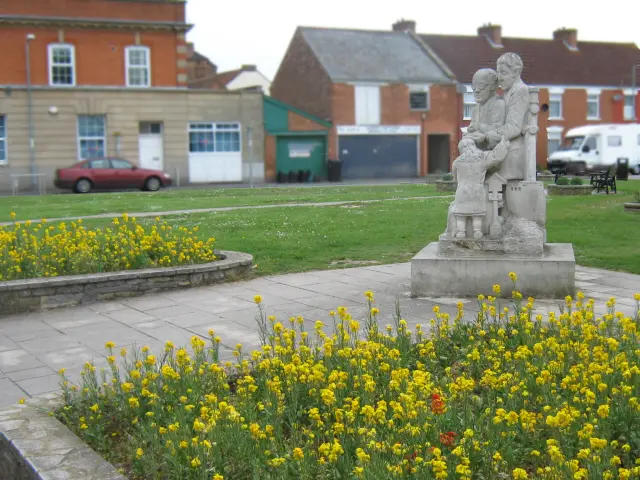Born into a Quaker and abolitionist family, Norwood Penrose “Pen” Hallowell would spend most of his life fighting for the equal treatment of African Americans in various ways. He volunteered to fight in the Civil War and commanded two regiments of African American soldiers.
Hallowell was born in Philadelphia in 1839. While a child, his family’s home was a stop on the Underground Railroad. Once the Civil War started, his father opened up his home to care for wounded Union soldiers.






